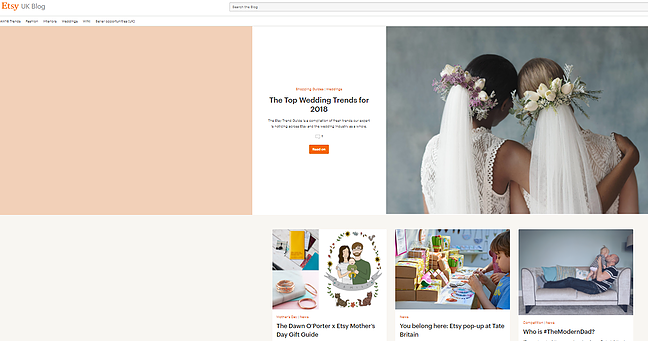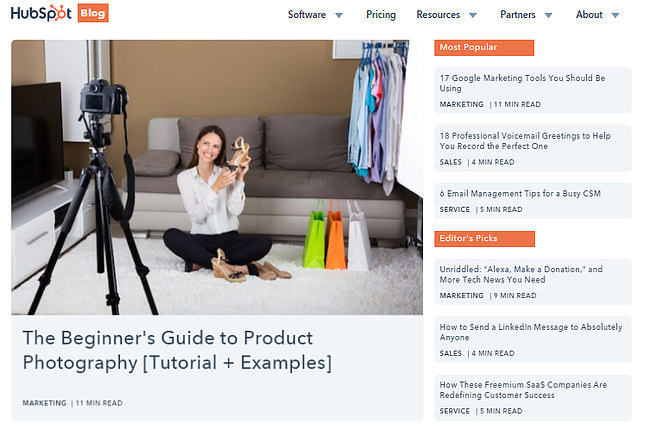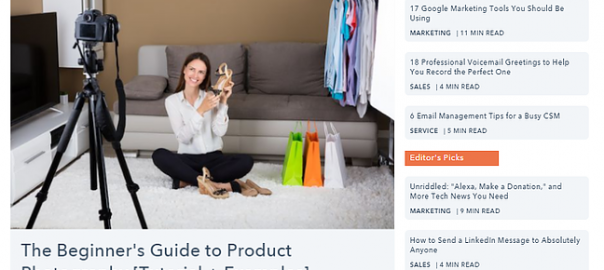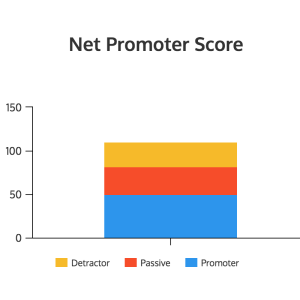— July 25, 2018

rawpixel / Pixabay
Have you been told your website needs a blog but you’re not quite sure why? Or maybe you’re ready to start blogging but have no idea where to begin? Then read on for helpful tips and information…
Why does your website need a blog?
There are many reasons to start a business blog. In most cases, the biggest reason starts off with being for SEO. SEO stands for Search Engine Optimisation and it’s the art of boosting your presence across search engines so that you appear higher up in results pages when someone searches for relevant keywords. To do so, you need good content across your website that is optimized for those keywords. One of the best ways of achieving this is to create a business blog with well optimized and high quality content.
However, this is just one reason out of many. A business blog allows you to express yourself through your business. It gives your business a voice and a personality. It allows you to share your knowledge and wisdom about your subject matter, thus building trust and credibility. It allows you to create a community and engage with current and potential customers in a relaxed environment, without being too salesy. It creates plenty of content for you to share across social media, and for others to re-share, thus spreading awareness of your brand online. And importantly, blogging is a powerful and low-cost marketing tool.
How To Start a Business Blog
If you have a business website already, chances are it’ll be a straightforward process to add a blog. Think about which platform works best for you, and how the blog should be featured on your site. It should be easy to find and clearly displayed on your menu. Consider these steps before diving in:
-
Objective: what is the objective of this blog? There could be multiple objectives.
-
Authors: if you have multiple authors, then think about creating some rules and guidelines so that the style of each article is aligned.
-
Competitors: research similar blogs out there and figure out how you can differentiate yourself from the competition.
-
Frequency and commitment: decide how often you want to update your blog and commit to doing so. Make it realistic and achievable.
-
Content calendar: before you start your blog, think of at least 10 articles you would write. If you can easily fill a calendar with 10 different articles, then it’s likely you won’t run out of things to say very quickly.
-
Second opinion: consult with a trusted outsider who’s opinion you value. Also, if you are the only author or you are not a confident writer, consider sharing your articles with someone before posting to either get a second opinion or for the purposes of proof-reading.
How do you decide what to write about?
There is a misconception that your business blog should be about… your business. If you sell products, then your blog should be about your products; if you sell a service then your blog should be about your services. However, this isn’t necessarily the case. Yes, your blog can be a source of customer acquisition, but it shouldn’t be treated as a sales tool. Would you sign up to a blog all about a brand’s products? As a writer, you would quickly run out of things to say and the articles themselves would probably sound too salesy.
Instead, put yourself in your potential customers’ shoes and think about what problems or questions they might have at every stage of the buying cycle, but particularly at the very early stages before they even know they need a product. Some of the best blogs I have come across only very lightly reference the products that the company actually sells, and instead simply provide interesting content that is helpful and valuable. By doing so, it keeps the brand at the top of my mind, meaning that when I actually do need the product the company is selling, I am more likely to turn to them. These are just some examples:
Etsy

Etsy’s blog is a mix of engaging content about the brand itself, and the shops that are featured on the Etsy platform. As a follower you will find information about upcoming events, featured shops, the latest trends and more. It’s engaging and keeps readers coming back for more, without being overtly salesy.
Hubspot

In my opinion, Hubspot has one of the best B2B marketing blogs out there. The company sells inbound marketing software, however, the blog is filled with some of the best and most helpful marketing content out there from downloadable resources, to how-to articles, educational content, infographics and more. As a marketer, I rely on Hubspot’s content to keep my skills up to date.
At the end of the day, your blog should be helpful and engaging. Your readers should want to come back time and time again to keep digesting your great content. Whether it’s educational, funny, relatable, or more self-explorational, it should speak to your audience in a language that they understand, it should sound genuine and evoke trust.
How frequently should you blog?
There is no standard answer to this question. What I always tell people is don’t commit to writing more than you can handle. If you are running your business, and doing all the marketing yourself, then it is unrealistic to think that you can blog every day. Maybe start by blogging once a week or once every other week, and see if you can build up a rythm for blogging. At the beginning, it could take you a lot longer to write a blog, simply because you haven’t built up the habit. But over time, you may find that it takes you just half an hour to get a blog up on your site, and you can therefore increase the frequency. Do what is achievable for you, and don’t worry about copying what someone else is doing.
Does it need to be all editorial?
Very often people think that blogging is just about writing. But there is no reason why you can’t also incorporate video content (vlogging) or have a few posts that are just imagery or infographics. Play around with different types of content and see what your readers react to.
What about SEO? How does that work?
I mentioned at the start that business blogging is good for your website’s SEO. You don’t need to be an SEO expert to understand the basics and be able to easily incorporate them onto your blog. It’s all about using relevant keywords, providing a good reader experience and filling in your meta data accurately. For an easy-to-follow guide, take a look at this article with blogging SEO tips for beginners. But overall, focus on quality, focus on giving your readers something that is helpful and valuable to them, and write what you know!
Digital & Social Articles on Business 2 Community
(46)








